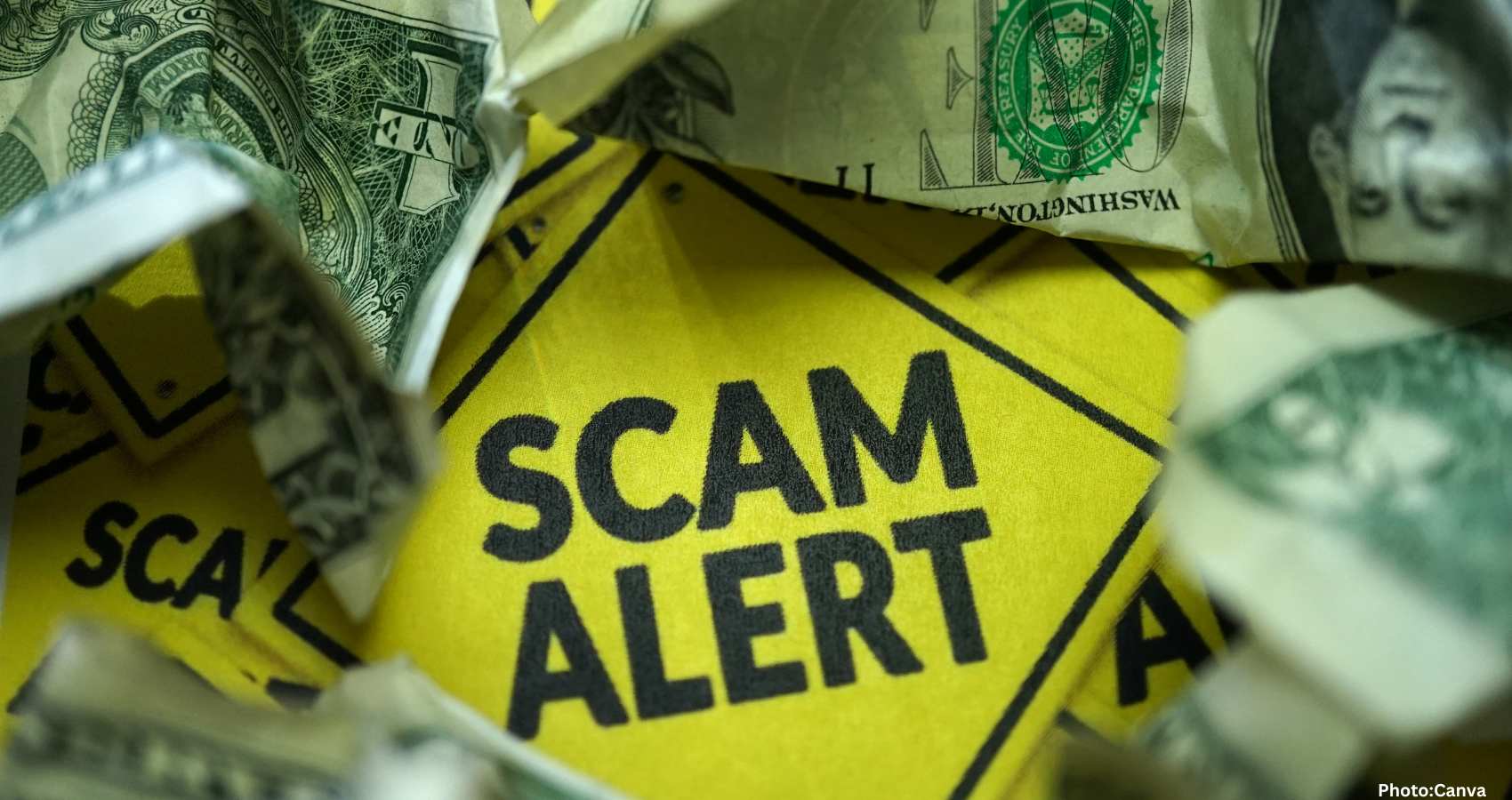The Department of Veterans Affairs warns veterans about a rising scam where fraudsters impersonate VA employees to demand payments for alleged overpayments.
As the nation honors its veterans, the Department of Veterans Affairs (VA) is issuing a crucial alert regarding a growing scam targeting the veteran community. This scam involves fraudsters impersonating VA employees and claiming that veterans owe money due to alleged overpayments on their benefits.
Reports indicate that these scammers are reaching out to veterans through various channels, including text messages, emails, and phone calls. They often present themselves as legitimate VA representatives, using official-looking logos and formal language to gain trust. The scammers typically claim that the veteran has been overpaid and must provide money or banking details to rectify the situation.
Once they establish a level of trust, these criminals pressure victims for immediate payment, hoping they act quickly without verifying the claims. The VA emphasizes that staying informed and vigilant is essential for protecting both benefits and personal identity.
To help veterans recognize potential scams, the VA advises being aware of specific red flags. If you receive a communication claiming an overpayment, it is crucial to verify its authenticity directly through official VA channels, such as VA.gov or by calling the VA’s official number.
When the VA identifies a legitimate overpayment, it sends a formal letter detailing the amount owed and the options available for appeal or payment plans. Importantly, veterans will never be asked to make payments through text messages or third-party applications. Additionally, the VA will never request login credentials or banking information outside of its official website.
Real VA notices will always direct individuals to official resources, including VA.gov or the Debt Management Center at 1-800-827-0648. If something seems suspicious, it is advisable to verify the communication before taking any action.
To safeguard against scams, veterans should take proactive steps. When receiving notices about overpayments, it is best to log in directly to your VA.gov account rather than clicking on links or responding to messages. The official site will provide accurate information regarding your current balance, payment status, and any legitimate debts.
If you discover a valid debt, handle it exclusively through the VA’s official payment options. Payments should only be made through the secure VA.gov dashboard or by contacting the Debt Management Center at 1-800-827-0648. The VA will never request payments via apps, wire transfers, or prepaid cards.
Veterans are reminded that their VA login credentials are as critical as their house keys. The VA will never ask for this information via phone, email, or text. Anyone requesting such details is likely a scammer. If you suspect your credentials have been compromised, change your password immediately and enable multi-factor authentication (MFA) if available.
Using a password manager can also enhance security by securely storing and generating complex passwords, which helps reduce the risk of password reuse. Additionally, checking for any exposure of your email in past data breaches can be beneficial. Some password managers include built-in breach scanners to alert users if their information has been compromised.
Scammers often embed fake links in their messages that may appear legitimate at first glance. Hovering over a link before clicking can reveal its true destination; if it does not start with “https://www.va.gov,” it is likely fraudulent. Similarly, attachments can contain malware designed to steal personal data, so caution is advised.
To protect against malicious links and potential malware, having robust antivirus software installed on all devices is essential. This software can alert users to phishing emails and ransomware scams, helping to keep personal information secure.
Data brokers frequently publish personal information, including names, phone numbers, and veteran status, which scammers can exploit. Utilizing personal data removal services can help minimize exposure by requesting the removal of information from numerous broker sites. While no service can guarantee complete removal, these services can significantly reduce the risk of being targeted by scammers.
Veterans should be particularly cautious of unusual payment methods. Requests for payment through gift cards, Bitcoin, prepaid debit cards, or wire transfers should raise immediate suspicions, as the VA does not use these methods for collecting payments.
Scammers may also gather information from social media to make their communications seem more personalized. It is advisable to review friends and followers, tighten privacy settings, and be cautious about sharing details related to military service or VA benefits.
If you believe you have been targeted by a scam, contact the VA directly at 1-800-827-1000. Incidents can also be reported at VSAFE.gov or by calling (833) 38V-SAFE (833-388-7233). Prompt reporting can help protect others within the veteran community.
This Veterans Day serves as a reminder not only to reflect on service and sacrifice but also to safeguard what veterans have earned. While scammers may be persistent, remaining vigilant and utilizing official VA resources can provide veterans with the upper hand in protecting their benefits.
Source: Original article

